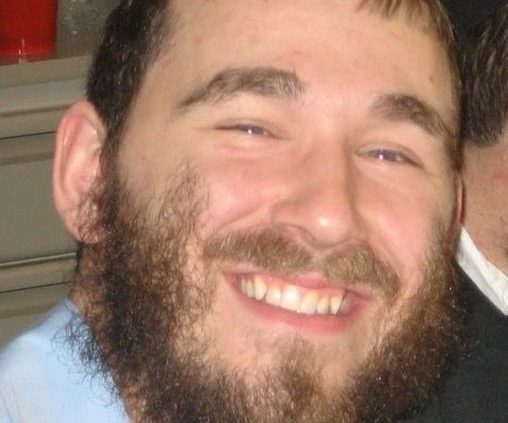Passover Wine, Loss, and My Avoidance of Sadness
Yesterday evening I was irritated, with my wife, with our kids; snappy, uncomfortable. I couldn’t trace it. Nothing especially stressful happened at work, dinner was hot and delicious, where the heck was this coming from?
I continued to feel uneasy the rest of the evening and finally, in the shower that night it hit me..
The wine order.
Earlier in the day I had placed an order for wine to be sent to my in-laws in Charlotte, NC, where we will be spending Passover. We have spent just about every Passover for the past 18 years with them and with my brother and sister-in law,
Sarah Dukes, Yudi and their family. This year Yudi will not be there.
With that realization, I became sad, really sad. Ofcourse I was sad, how could I not be. And as I allowed myself to feel the sadness, the irritation subsided. There was softness, vulnerability and I began to feel a deep connection to all of the people that I was previously annoyed with. Once again, the world came into focus. I was able to apologize for my abrasive behavior and share what I was truly experiencing. What if I wasn’t able to make sense out of the experience? What if I wasn’t able to connect my feelings to the wine order and all that it represented to me? I probably would have continued to hurt the people I love for the rest of the evening and perhaps beyond, causing them pain and still not feeling any better.
In thinking about this and connecting it to the Passover holiday, I realize why it is so important to TELL THE STORY. We tell the story so that we have a clear, coherent narrative of who we are; where we have been and as a result, where we are headed. Without it, as a people with a long and often painful history, we would wander into aimlessness and confusion, rubbing up abrasively, hurting, rather than helping others.
Reacting, rather than RESPONDING to our experiences.
Telling the story keeps the narrative alive so that we have the ability to continue to show up, come what may, and live in connection with our deepest values and sense of divine truth and purpose. That capacity elevates and transforms the experience to resonate with those values as we light the way to a better future.
So, returning to my small narrative. My feelings of sadness and pain connected to Yudi’s death; understanding what his loss means to me, will allow me to smile warmly like he did, to lovingly reward the kids with chocolate after the 4 questions like he did, to dig into deep reserves of patience for family and guests like he did, to sing and pray passionately and share words of Torah like he did, and to be there for his family, not like he did, but like I can.
Because his deepest values are my values and that is why I feel the pain of his absence, and that is why he WILL be with us this Passover.
L’chaim Yudi, to your freedom and to mine.
*picture is from a pre-passover meal, a bunch of years ago.










